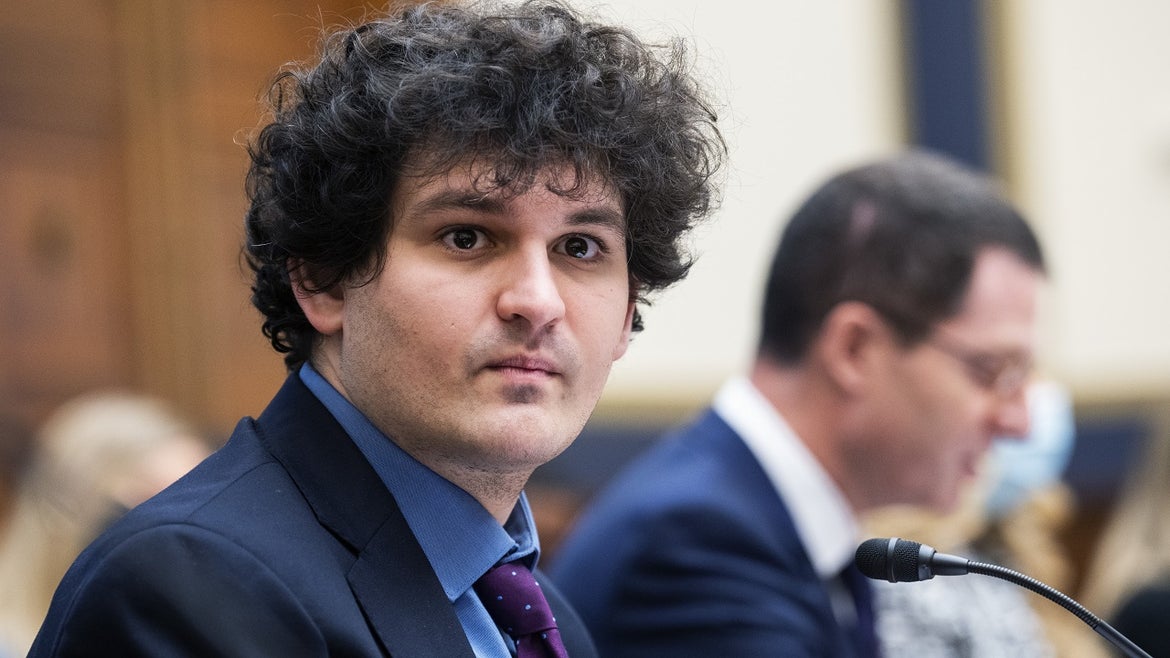Sam Bankman-Fried, founder of the massively failed crypto currency exchange FTX, says he will fight extradition to the U.S. on fraud charges.
Disgraced FTX founder Sam Bankman-Fried appeared in a Bahamas court on Tuesday following his arrest there, as U.S. prosecutors revealed they had charged him with eight criminal counts for allegedly abusing billions in customer funds before his cryptocurrency empire massively collapsed last month.
New York federal prosecutors unsealed their indictment against Bankman-Fried on Tuesday, showing he had been charged with conspiracy, wire fraud, and misusing customer funds. Separately Tuesday, U.S. markets regulators civilly charged him with defrauding investors and customers in his failed crypto exchange FTX.
“Mr. Bankman-Fried is reviewing the charges with his legal team and considering all of his legal options,” Mark Cohen, his attorney said in a statement on Tuesday.
Arrested Monday at his Bahamas home, the 30-year-old appeared in a Nassau court Tuesday wearing a blue suit. He told the court he will not waive his right to an extradition hearing, indicating he intends to fight extradition to the United States.
At a news conference in Manhattan, U.S. Attorney Damian Williams said the federal investigation “is very much ongoing, and it is moving very quickly.
“This is our first public announcement, but it will not be our last," he added.
The Securities and Exchange Commission said Bankman-Fried, "orchestrated a years-long fraud” to conceal from FTX investors the diversion of customer funds to Alameda Research, the founder's crypto trading hedge fund.
“We allege that Sam Bankman-Fried built a house of cards on a foundation of deception while telling investors that it was one of the safest buildings in crypto,” SEC Chair Gary Gensler said in a statement.
FTX filed for bankruptcy in November, leaving at least 1 million depositors unable to access their funds.
In the weeks since FTX filed for bankruptcy, Bankman-Fried has presented himself as an unlucky executive who was in over his head. He denied defrauding his investors and depositors.
“I didn’t knowingly commit fraud,” he told the BBC over the weekend. “I didn’t want any of this to happen. I was certainly not nearly as competent as I thought I was.”
Related Stories






